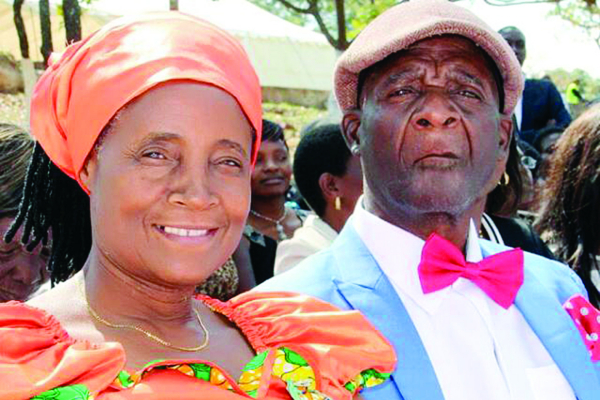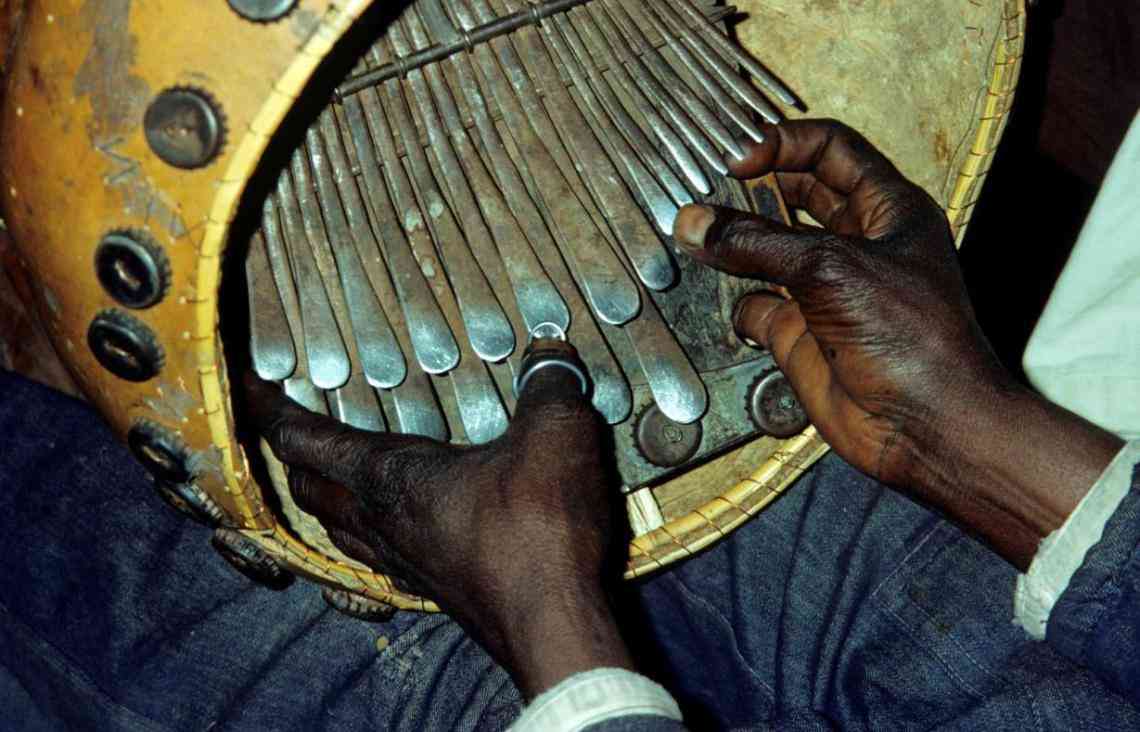
Between the Lines: Phillip Chidavaenzi
A FEW weeks ago, my wife and I had a meeting with award-winning author, Shimmer Chinodya, during which we had a wide-ranging discussion around literary issues and the country’s book industry.
As we wrapped up the meeting, the veteran author said something that created echoes in me:
“Write, you still have the energy. We have played our part,” he said.
After the meeting, my wife said we should organise more meetings with other established writers such as Charles Mungoshi.
On Friday last week, while at a friend’s office in Harare, as fate would have it, I had a chance meeting with Tinashe Tashinga Mungoshi, a son to one of the late Mungoshi’s brothers — known in music circles as T-Nash.
Our conversation gravitated towards Mungoshi, and T-Nash said his uncle was irreplaceable.
“It’s not a matter of replacing him,” I said. “But our generation is taking over. No one lives forever, Mungoshi.”
- Chamisa under fire over US$120K donation
- Mavhunga puts DeMbare into Chibuku quarterfinals
- Pension funds bet on Cabora Bassa oilfields
- Councils defy govt fire tender directive
Keep Reading
As fate would have it, the following morning at around 3am, I received a WhatsApp message from a friend: “Nenhamo ka dzaVaMungoshi idzi” (My condolences on the death of Mungoshi).
I could not believe it, until another colleague, who is very close to the Mungoshi family, sent a similar message a few hours later.
The news took me down the corridor of time to my high school years, during which I first encountered Mungoshi through his works. Two books — Ndiko Kupindana Kwamazuva (1975) and Kunyarara Hakusi Kutaura? (1983) — particularly made a lasting impression on my mind.
The use of internal monologue and stream of consciousness demonstrated that Mungoshi was way, way ahead of his time. He was bold and creative, and that allowed him to scale boundaries in the literary world.
I fell in love with that stylistic device so much that when I wrote my third novel, The Latter Rain, published in 2015, I adopted a similar style, but with a few elaborations, in which the author shared the narrating of the story with the characters.
It was only several years after high school, when I joined the now-defunct Budding Writers Association of Zimbabwe (BWAZ) somewhere in the backwaters of Harare in Mbuya Nehanda Street, during the pubescent moments of my writing career, that I met Mungoshi in person for the first time.
It was an overwhelming moment for a milk-nosed aspiring writer who thought he had something going. But it was an equally humbling moment that proved to me that I had not yet started. The insights he shared with me have significantly contributed to the writer I am today.
During that time, Mungoshi contributed pieces to the BWAZ’s publication, The Writers Scroll, and I gleaned a lot of priceless lessons from them like grains of gold.
What I have particularly found fascinating about Mungoshi’s writing style is its cinematic feel, the realness of his characters and the crispness of his dialogue. Whether it is Gharabha and the Old Man in Waiting for the Rain, or Rindai and Rex in Ndiko Kupindana Kwamazuva, or Eric and Martha in Kunyarara Hakusi Kutaura?, the realness is just hauntingly beautiful.
That Mungoshi was married to Jesesi — that fine actress who brought Neria to life in the blockbuster local movie, Neria — sounds like a script poured out from the late author’s pen.
But then, it appears too many things in Mungoshi’s life were just like that — perhaps a perfect character on paper that can never be true in real life. Not too many writers can display suave precision in both Shona and English like this doyen of Zimbabwean literature did. No author, apart from Mungoshi, has done back to back publications in a single year, too!
In 1975 alone, for instance, Mungoshi published two books: Waiting for the Rain and Ndiko Kupindana Kwemazuva.
These two works reflect such depth you would not believe they were written “back to back.” He repeated the feat in 1980, with the publication of the play, Inongova Njake Njake, and the short story collection, Some Kinds of Wounds.
And to think that Mungoshi, a larger than life character, could comfortably wear different hats — a novelist, poet, short-story writer, playwright, film scriptwriter, actor, editor, translator and consultant — demonstrates that he was a rare gift not only to his family and the publishing industry, but the nation at large.
Perhaps what Oliver “Tuku” Mtukudzi was to music, is what Mungoshi was to writing. It is more heart-rending that we should lose these two creative giants within just three weeks of each other!
That Mungoshi had not been well for a long time is a matter of public record. But with indications that they had been a significant improvement in his health from the time he first went into a two-month long comma after a stroke that nearly paralysed him in 2010, it looked like he was over the hill.
What is unfortunate, however, is that Mungoshi perhaps never fully benefited from his creative gift, especially with the exploitative and manipulative nature of most publishing contracts in this country. It is tragic, if not unforgivable, that the Mungoshi family had to literary beg for assistance, including doing crowd-funding, to meet his high medical bills.
Against that backdrop, it is understandable that the Mungoshi family, realising that their father had been cheated for many years, decided to set up the Mungoshi Press to preside over his works, although reclaiming those publishing rights will be a herculean fight, more like an attempt to scale a slippery slope.
The man should have been handsomely rewarded for his labour and immense contribution to the development of literature and the book industry in Zimbabwe. Such gifts are rare. He was a pathfinder in his own right.
Apart from writing, Mungoshi also took on acting roles in plays such as Ndabve Zera, Makunun’unu Maodzamoyo and Julius Ceasar, which was produced by Andrew Shaw. As an unofficial cultural ambassador, he presented several papers in Zimbabwe and across the world.
On November 14, 2003, while cutting my teeth in the industry as a junior reporter with The Daily Mirror (now defunct), I was privileged to cover the conferment of an honorary doctorate degree (Doctor of Letters-DLitt) on Mungoshi as the University of Zimbabwe honoured him for his work.
Mungoshi was the most decorated of Zimbabwean authors. He received a string of awards over the years including the International PEN Awards in 1975 and 1981, Noma Honorable Awards For Publishing in Africa (1980, 1984, 1990 and 1992), Commonwealth Writer Prize for Best Book in Africa for The Setting Sun and The Rolling World (1988), Honorary Fellow in Writing Award in the Creative Activities of the International Writing Programme by The University of Iowa (1991), United States Information Agency Award for participating in the International Visitor Programme (1991), New York Time Notable Book of the Year (1989), the Noma Award for Publishing in Africa (1997), Commonwealth Writer’s Prize for Best Book in Africa (1998). After winning the Commonwealth Writers Prize in 1998, he had audience with Queen Elizabeth (II) at the Buckingham Palace.
In 2004, Mungoshi received seven awards at the Zimbabwe International Book Fair’s 75 Best Books in Zimbabwe.
When death of a great cultural icon strikes, questions always arise on who will take up the mantle among his offspring. With Charles (Jnr.) having cut his teeth more as a speaker and motivational writer, the creative writing mantle is likely to fall on Farai.
Farai’s debut publication, Behind the Wall Everywhere, a collection of short stories I was privileged to edit alongside Memory Chirere, reflects more of his father.
Having read Mungoshi at high school as part of my literature staple, I am humbled that the inspiration I drew from him, also led me into writing, and that my second novel, The Ties that Bind, will also be read at A’ Level from 2019 to 2024, just like the literary icon has been read for many years.
During Mungoshi’s memorial service at Nyaradzo in Chitungwiza on Saturday afternoon — which attracted hordes of people from the arts sector — Zimbabwe Writers Association (ZWA) chairperson, Monica Zodwa Cheru-Mupambwashe, appealed to Information minister Monica Mutsvangwa, who was also present, to help the family reclaim their father’s publishing rights from companies that stripped him bare during his lifetime.
In the words of William Shakespeare, Mungoshi, in his lifetime, “doth bestride the narrow world like a colossus”.
Phillip Chidavaenzi writes in his personal capacity. He can be contacted on [email protected]











